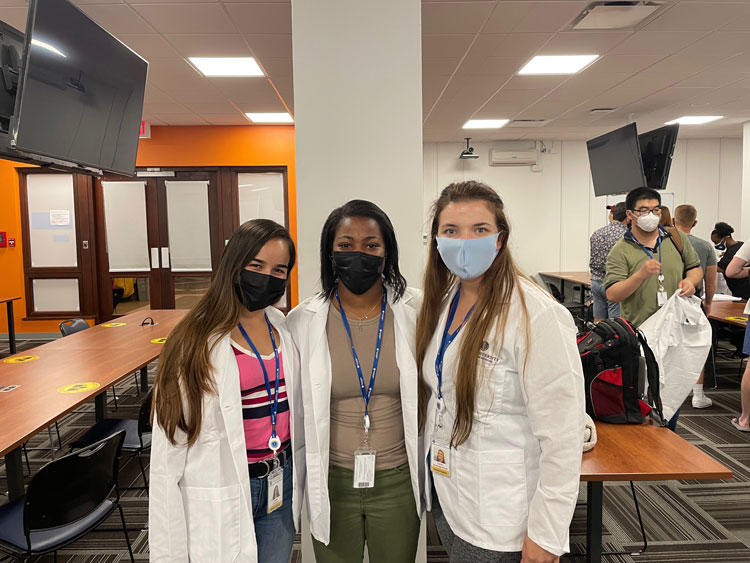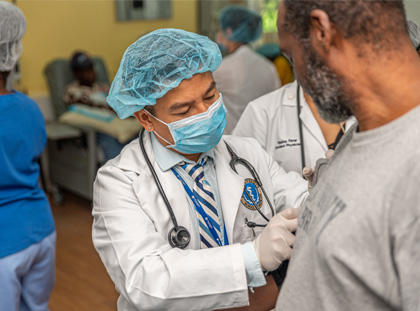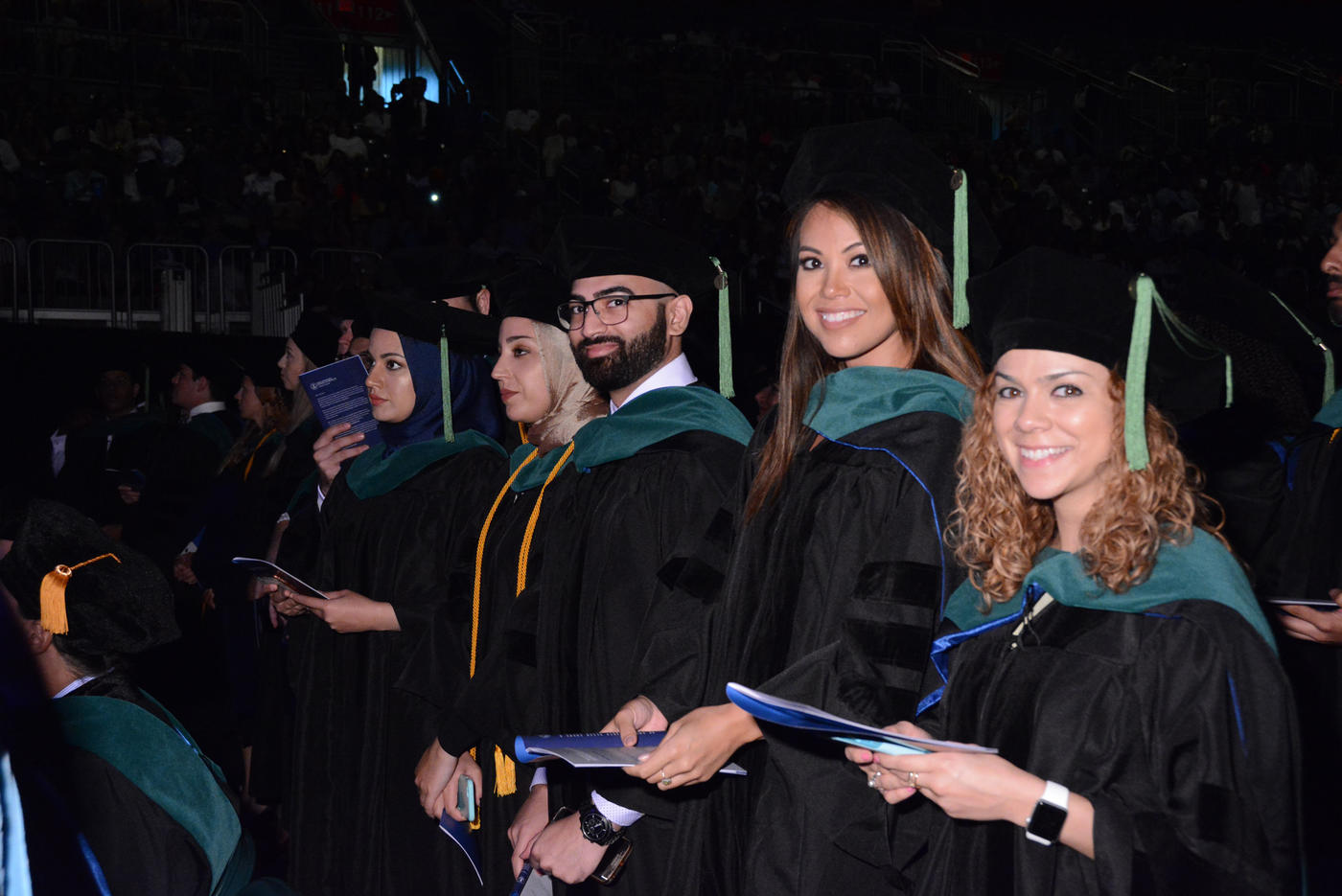If you’re preparing to apply to an accredited medical school such as Ross University School of Medicine* (RUSM), you probably already know a thing or two about difficult tests. But even a veteran test-taker can be intimidated by the Medical College Admissions Test (MCAT). Students preparing for the test have many questions, but one stands out: just how long is the MCAT? We’ll give you an MCAT time breakdown and strategies for managing the MCAT duration, but first a brief background on why the test is so long.
The MCAT is used by the American Association of Medical Colleges (AAMC) to evaluate candidates for medical school. The test is designed with medical school in mind, so it is more than just an examination of your knowledge. By design, the MCAT tests your ability to focus under pressure, and to maintain intense concentration for a long time. That is, the MCAT is difficult in part because it is comprehensive. But another difficulty is simply the lengthy MCAT test time itself.
You may have taken the 3-hour SAT, or similar exams in college. The MCAT is much longer. Doing well on this test requires preparation, planning, and practice.
MCAT Time Breakdown
So how long is the MCAT test, exactly? To start, you need to arrive for your test at least 30 minutes early. The “testing time” is 6 hours and 15 minutes. The total “seat time” for the MCAT is 7 hours and 27 minutes. The test is taken over the course of a single day using a computer at a designated testing center.
Let’s dive deeper, with an MCAT time breakdown.
The MCAT sections are:
- Chemical and Physical Foundations of Biological Sciences – 95 minutes
- Critical Analysis and Reasoning Skills (CARS) – 90 minutes
- Biological and Biochemical Foundations of Living Systems – 95 minutes
- Psychological, Social, and Biological Foundations of Behavior – 95 minutes
There is no penalty for wrong answers on the MCAT, and no bonus for finishing early. This means that there are huge benefits to approaching the questions strategically.
Another way to do an MCAT time breakdown is by examining the MCAT test time by section. Altogether, the MCAT has 230 questions.
- Chemical and Physical Foundations of Biological Systems – 59 questions
- Critical Analysis and Reasoning Skills – 53 questions
- Biological and Biochemical Foundations of Living Systems – 59 questions
- Psychological, Social, and Biological Foundations of Behavior – 59 questions
In each section, most of the questions are passage-based. That means you must take time to read and interpret a passage to answer the question. Only about 20 percent of the overall exam is made up of direct questions without reference to a passage.
There are also optional breaks between the sections, but these are brief. Each section is followed by a 10-minute break, except for a 30-minute lunch break after the CARS section. Each break can be a useful reset period to clear your head before the next section. You should also eat, hydrate, and visit the bathroom.
How long does the MCAT take? The simple truth is that it takes all day. But you should begin preparing for the test long before you take it. MCAT scoring is a complicated subject in its own right. But using your time carefully can help you maximize your score.
MCAT Time Strategies
The MCAT does not penalize you for wrong answers any more than if you give no answer at all. That means strategic use of time can help you improve your score. If a question seems especially challenging, flag the question and skip it. You are better off answering all the questions you know before returning to the more difficult ones. This ensures you don’t miss questions you might readily answer because of too much time spent on one especially hard question.
You probably already know that you should take practice exams. This will be the longest test you have ever taken, and almost certainly the most challenging. You will feel much better prepared and more confident if you have practiced. Without a doubt, the MCAT test requires months of preparation.
Practice exams also help you prepare for the physical strain of taking a long exam. You should try to reproduce testing conditions as much as possible. For example, if your actual MCAT starts early in the morning, that is when your practice test should begin. If it is in the afternoon, start your practice test then. If you have the option, choose whichever time of day plays to your strengths. Some people are sharpest in the early morning, while others peak later.
Be disciplined in your practice testing. You are not allowed food or water at the testing station, so do not give yourself a false sense of security by munching luxuriously throughout your practice test. If you find yourself lagging after several hours without food, it is much better to learn this lesson during the practice test than during the MCAT itself. Maybe eat a large breakfast, or work on finding quick snacks that replenish your energy during breaks.
You are allowed to use the bathroom whenever you like during the MCAT, but the clock goes right on ticking. Follow this same rule during practice testing. Bathroom breaks should be confined to the section breaks, whenever possible.
Now that you know how long the MCAT takes, prepare yourself for the challenge, and learn more about other requirements for medical school. Do well on the test and when you’re ready, apply for admission to Ross University School of Medicine.
Related Resources:




